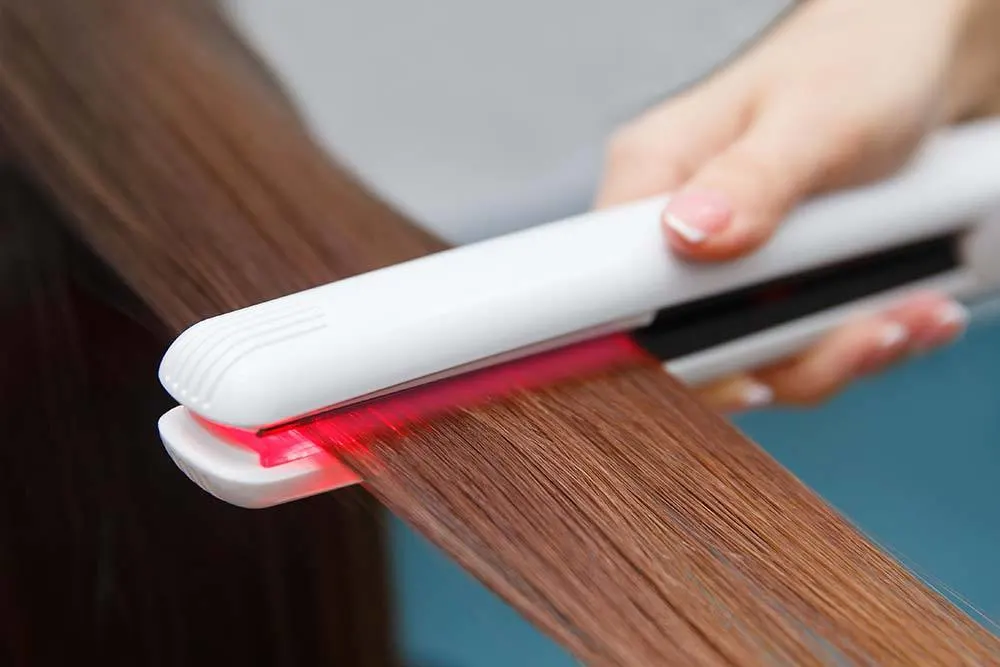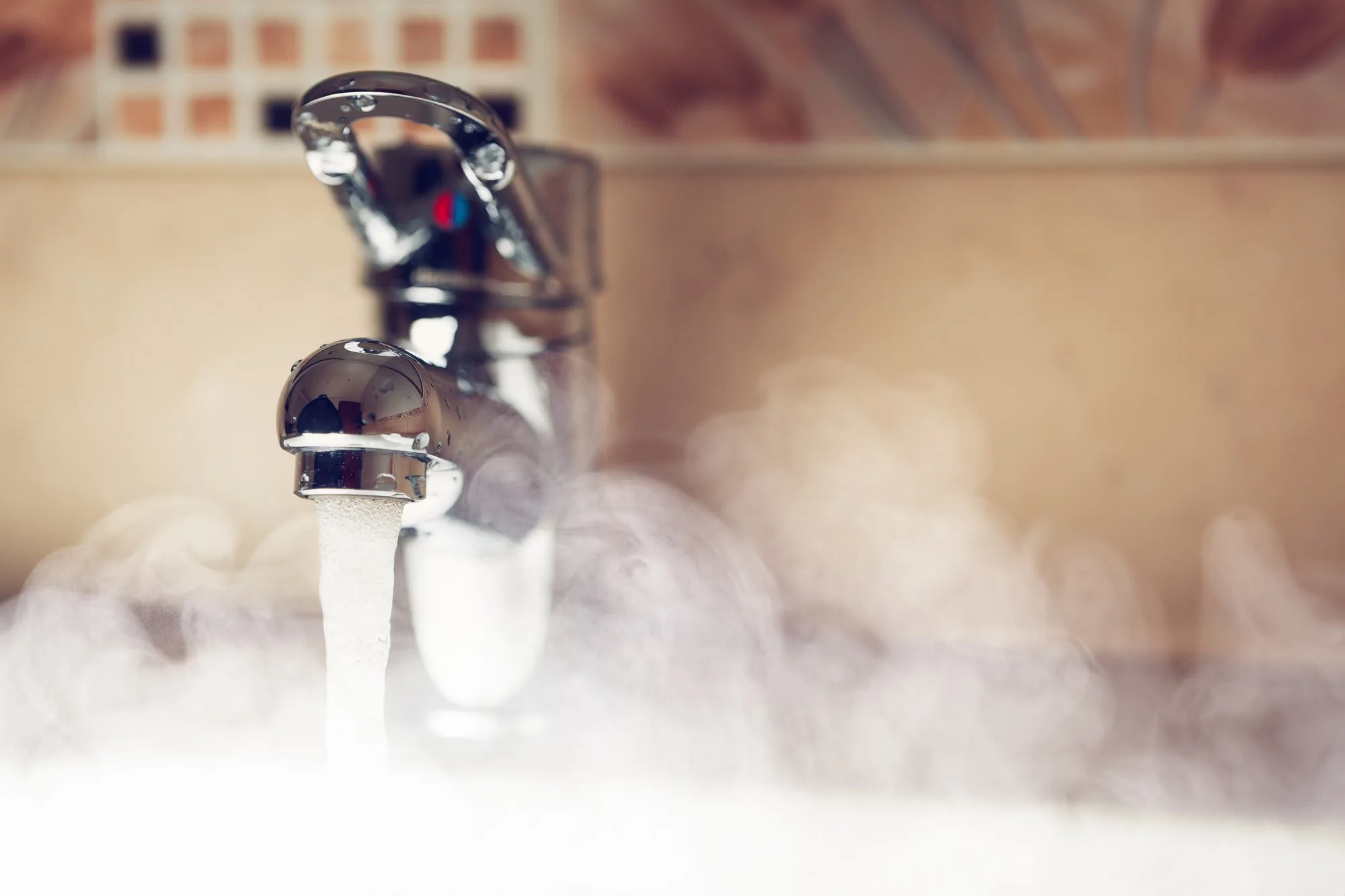How To Treat Sensitive Scalp At Home?
Did you ever think combing your hair can be an uncomfortable experience? Sometimes just combing your hair can be an uncomfortable experience. This could be one of the indicators that you’re suffering from a sensitive scalp, and in need of a sensitive scalp treatment to alleviate the pain.
Taking care of a sensitive scalp is vital but also extremely annoying. Everyday newer and newer scalp and dandruff solutions are introduced in order to treat a sensitive scalp. However, not all of them can be trusted. It’s essential to find the best hair care product that can provide care to both hair and scalp. The sensitive scalp is an extension of the concept of sensitive skin on other anatomical areas such as the face on your face and also needs as much attention and care. A sensitive scalp can be easily aggravated and can lead to various other issues like dandruff, redness, itching etc.
It’s simply when you sense that your scalp has become tender and sensitive. It almost feels damaged when you touch it, and is generally associated with itchiness and redness. The causes of tender scalp are varied and change according to the individual. Even your location and what you’re exposed to can make a difference. It is important to understand how to treat sensitive scalps, so as to find the right solution that works for you.
You might wonder ‘why is my scalp so sensitive’. There are various causes of tender scalp, such as an allergic reaction, damaged or dry skin, and even environmental factors. Excessive heat or cold can cause your scalp to become weak and damaged. A bad diet, pollution, stress, harsh chemicals in hair dye, these are just some of the causes of tender scalp. Frequent shampooing is an important predisposing factor for scalp sensitivity, which could be due to disturbance of the barrier function resulting from excessive trans epidermal water loss, which leaves your scalp dry and vulnerable. This can lead to micro inflammations that can possibly lead to dandruff and a cycle of itchiness
And it’s important to identify the sensitivity accurately, to find the right sensitive scalp treatment. You might just have temporary inflammations that come with bad hair hygiene. So, you should know the symptoms as well. Sensitive scalp is generally associated with itching, redness, dryness. Sometimes with a burning or tingling feeling as well. Dandruff is also associated with a sensitive scalp, which leads to scratching and further damages your scalp. This is why you should always know how to treat sensitive scalps.
1. Use An Anti-Dandruff Shampoo
Dandruff is a common complaint affecting the places of the scalp where natural oils collect iiiDandruff is majorly caused by Malassezia, a harmful fungus that causes scalp irritation. And if left untreated, it can make an already sensitive scalp worse. Head & Shoulders 2-in-1 Shampoo + Conditioner combines the power of an anti-dandruff shampoo and the nourishment of a conditioner in one, providing proper nourishment and hydration to the scalp which is an effective sensitive scalp treatment.

2. Avoid Using Harsh Products
Not all shampoos are designed for sensitive scalp care. A reaction to harsh shampoos and hair conditioners also contributes to the sensitivity. Most of them intensify the hair problem by making the scalp extra dry, instead of giving you relief. Head & Shoulders 2-in-1 Shampoo + Conditioner relieves you of the dandruff from the root and helps you take care of your sensitive scalp.
3. Hot Water And Sensitive Scalp
Though bathing with hot water is soothing and relaxing, it is very harmful to the skin. Hot water leeches moisture from the skin, adding to its dryness. This is called TEWL v (trans epidermal water loss). For a sensitive scalp, bathing with hot water only makes the condition worse by prickling, burning or tingling sensation on the scalp. Reduce the temperature of the water or preferably use water that is at room temperature.

4. Don’t Use Sharp Objects On Your Scalp
Using sharp objects to itch your scalp can have harmful effects on your hair especially if you have a sensitive scalp. Use a wide-tooth comb to untangle your hair and avoid combing it when it’s wet. Avoid excessive use of a hair dryer as it steals the natural moisture from your scalp. It’s always best to allow your hair to dry naturally once in a while.
Scalp sensitivity may be varied according to scalp characteristics but is clearly more frequent and intense in patients with dandruff infested scalps. "Head & Shoulders recommends regular sensitive scalp care to prevent dandruff from coming back. Never should you be confused and wonder ‘why is my scalp so sensitive’. Trusted by millions across the globe, Head & Shoulders 2-in-1 Shampoo + Conditioner combines the power of an anti-dandruff shampoo with the nourishment of a conditioner to give you excellent results. We also have Dandruff Shampoo for all scalp types, so choose your preference accordingly for best results.
Read more on how to get rid of dandruff at home
Try out various dandruff home remedies for flake-free hair.
Show References
ihttps://www.ncbi.nlm.nih.gov/pmc/articles/PMC3500070/ ii https://www.ncbi.nlm.nih.gov/pmc/articles/PMC3500070/ iii https://www.medicalnewstoday.com/articles/313791 iv https://www.medicalnewstoday.com/articles/painful-scalp-when-hair-moves#causes v https://www.ncbi.nlm.nih.gov/pmc/articles/PMC3500070/ vi https://www.ncbi.nlm.nih.gov/pmc/articles/PMC3500070/


